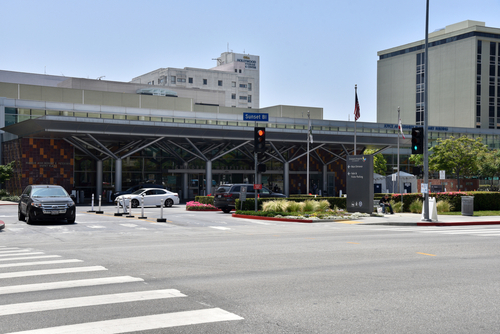
As part of a 250-325 household study spanning three countries, The Saban Research Institute of Children’s Hospital Los Angeles will participate in a $7.1 million effort to investigate some of the unanswered questions surrounding COVID-19 and influenza transmission.
Among those questions being pursued by researchers are how COVID-19 spreads within households if there is a way to predict who will get it, whether children could be among superspreaders, whether those infected will be asymptomatic or symptomatic, and for how long they will be infectious. Differences in family members’ immune systems may dictate transmission patterns, the researchers reason, and they dearly want to know whether children help transmit the virus throughout their households, much as they do with the flu.
“We have seen some families where only one person was infected and others where the entire 11-person household became infected,” Dr. Pia Pannaraj of Children’s Hospital Los Angeles, who is leading the U.S. study site, said. “The pattern varies widely, probably due to a combination of factors, from a family’s living situation to their individual immune systems.”
In her investigation, Pannaraj is joined by colleagues in Nicaragua and New Zealand. The study has been funded by the National Institute of Allergy and Infectious Diseases (NIAID). It began as a seven-year study into influenza, which focused on how children’s first exposure to the influenza virus can produce a long-lasting immunological response, impacting their ability to respond to future strains. The larger study will involve 3,100 children in the United States, New Zealand, and Nicaragua.
Health experts do not yet know the role children play in transmission with COVID-19, though. Hence the Children’s Hospital Los Angeles has received $1.2 million for their portion of the study, which will span all ages and enroll up to 100 infected households. Each will be tracked over two years, and information gleaned from the study will be used to help limit transmission and optimize vaccination strategies and COVID-19 vaccine development.




